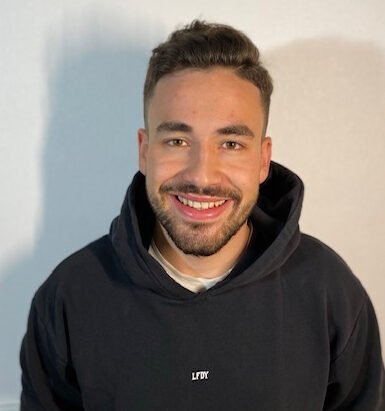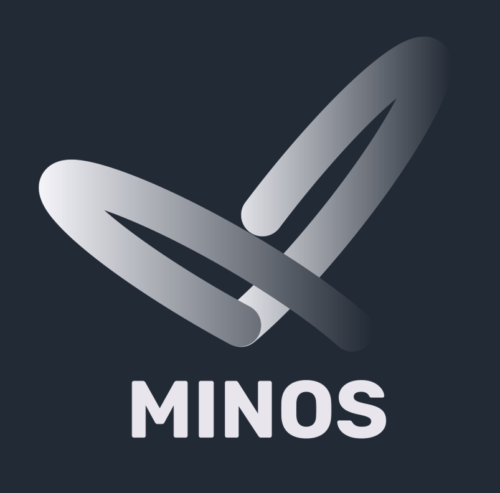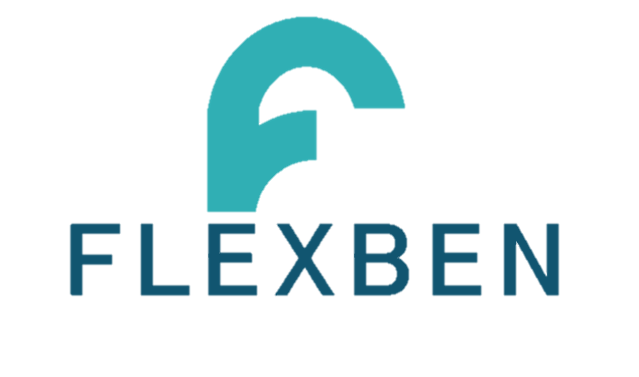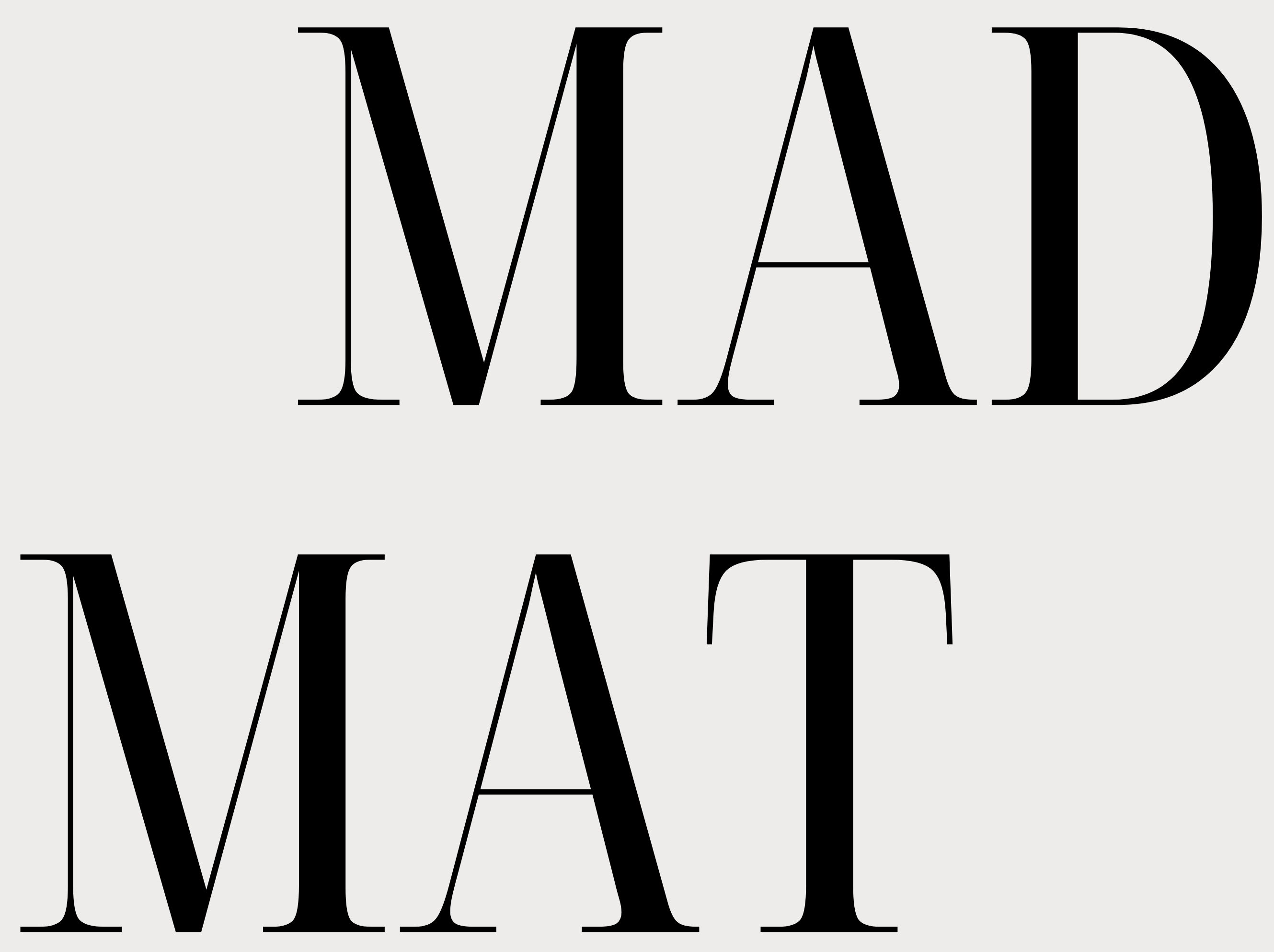Alumni stories
INTIE business ideas
Alumni interviews
To consider: Participants Beatrice von Braunschweig and Lea Lensky share their experiences with INTIE
Finally, we let Lea and Beatrice have their say; the participants of the programme each shared their experiences with us in an interview.
INTERVIEW with Beatrice von Braunschweig
Please introduce yourself.
My name is Beatrice. After completing my Bachelor’s degree in Political Science at Leuphana University, I am currently pursuing a degree in Slavic Studies at the University of Hamburg. In the past, I have participated in numerous internships and served as a student assistant. What I like most about being an entrepreneur is the idea of building something from scratch and being responsible for the success or failure of a project.
Why did you choose INTIE?
I decided to join the INTIE program to get a hands-on perspective on an area I have not been familiar with yet.
How did you come across INTIE?
Students from humanities and social sciences backgrounds, like myself, have broad skill sets, but the idea of entrepreneurship isn’t often highlighted to us. Unfortunately, it is not part of our study program.
About a year ago, I saw a flyer in the cafeteria explaining the INTIE program. Because I missed the application deadline at the time, I started to follow on social media. Last summer, I also attended the Startup Port Community Day. This event has inspired me to apply for the next INTIE session.
How is your team structured?
Our team is made up of five students from various backgrounds. My teammates are studying economics and business administration, informatics, computer sciences, and engineering, as well as me as a social scientist. We all come from different universities in Hamburg and the region. The team’s primary interests revolve around innovation, entrepreneurship, and artificial intelligence. Therefore, our chosen business opportunity is centred around ‘New Work’ and ‘Recruiting’.
What ideas have you developed?
Our team aims to innovate in the important field of human resources. In the past, job seekers had to apply for jobs and bend back to enter an enterprise. Now, because of skill shortages and changing generations, there is a battle for talent. Businesses need to actively advertise for applicants. We observe that companies are willing to pay for the right match.
What expectations did you have when you signed up to INTIE, and how many of them have been fulfilled?
Being new to this field, I hoped to be introduced to the basics of entrepreneurship and learn systematically how to create a business. In addition, I aimed to expand my network with students from various academic and cultural backgrounds, as well as with industry partners. I am looking forward to the next semester as many of these wishes have been fulfilled. A session on ‘start-up failures’ would be insightful, to hear from businesses about their challenges, and to provide a refreshing alternative to the usual success stories on LinkedIn.
What surprised you the most?
I was unaware of the fact that there are several structural approaches to developing start-up ideas. Industry experts and young entrepreneurs provided us with strategies for exploring markets and identifying business opportunity gaps. To sum up, a start-up idea cannot be left to chance.
What was your biggest takeaway?
Meeting people at INTIE. My fellow students come not only from Germany but from Syria, Italy, Iran, and India as well. My Hamburg circle of friends is truly enriched by them. Even though I have already lived abroad in Europe for a longer time, I still have a lot to learn when it comes to working in intercultural teams. INTIE is a step in the right direction.
What are the next steps for you?
Our start-up idea for Recruiting has just begun to be developed. The Unique Selling Point is still in need of improvement. Thankfully, we are in close communication with our professors and industry partners.
Do you have any advice for the upcoming participants?
If you have a slight interest, you should definitely apply for INTIE. It doesn’t matter if you don’t have the business case yet. All you need is the drive and power of imagination that you might want to start a company in the future. Just give it a try! Nevertheless, you must invest at least five hours per week. Take it as a chance to acquire a new set of skills.
Anything else you’d like to add?
To all non-business students out there: Please register. Lawyers, physicians, philosophers, and natural scientists – we need you. Let’s build interdisciplinary start-up teams to drive innovation.
INTERVIEW with Lea Lensky
Please introduce yourself.
Hi, my name is Lea and I studied Business Administration and Cultural Studies in Lüneburg with sustainability studies as my minor. Right now, I’m doing a master’s program at the HAW Hamburg, which is called Multichannel Trade Management in Textile Business. Starting my own projects has always been exciting for me. So back at Leuphana University I co-founded a nonprofit Cradle to Cradle consultancy with my co-founder and Prof. Michael Braungart, the inventor of the Cradle to Cradle principle. This was my first encounter with the world of startups, and it was super interesting. At school, founding wasn’t a topic that was much discussed. We were often only educated about traditional employee roles, which is why the idea of starting my own business was not on my radar earlier. But during my time co-founding a startup, I found out that it is actually not as difficult as it seems.
Why did you choose INTIE?
Now that I am in my master’s, I am thinking of starting something on my own again after graduating. But although I have a general direction in mind, I don’t have a concrete business idea yet. That is why the INTIE program fits in perfectly now. It offers a platform where I can find a founding team with whom I can develop a business concept. In two semesters, we work on that by, for example, trend analyses and brainstorming sessions. So, the timing and structure of the INTIE program fit just right for me at this moment.
How did you come across INTIE?
I discovered INTIE through an email newsletter from HAW Hamburg.
How is your team structured?
We have a team of four members. First, there is Victor, who was previously my co-CEO. He is pursuing his master’s in Management and Entrepreneurship at the Leuphana University. Rika is studying Fashion Design at the HAW Hamburg for her master’s. And then there’s Philippa, who is doing her master’s in Industrial Engineering in Hamburg. All of us can see ourselves starting something in the future, maybe even through the INTIE program with this team.
What ideas have you developed?
We began by analyzing current issues and trends and could really identify with the megatrend Sustainability that led us to deepen the Circular Economy concept. Now, our focus is on “Product as a Service” and “Cradle to Cradle” in this field of Circular Economy.
What expectations did you have when you signed up to INTIE, and how many of them have been fulfilled?
We hoped for a mix of practical application and academic insights. Also, we expected to learn from the other participants with diverse backgrounds. We believed that startup teams should have varied skills that complement each other. Our hope was to get a clear understanding of the startup process, from understanding the legalities to learning how to pitch. It is just the end of our first semester, but many of our expectations have already come true. We are looking forward to what the next semester brings.
What surprised your team the most?
Our brainstorming sessions on business ideas were insightful. And when professors and practice partners joined in, it was interesting to see the topic from various perspectives, including from different generations looking at it.
What was your biggest takeaway?
The fact that we all come from different academic backgrounds has been inspiring. Like, I have never teamed up with someone in Industrial Engineering or Design before. And then the helpful feedback from professors and program managers, along with insights from startups, has been motivating.
What are the next steps for you?
We just wrapped up our first semester last week. We now have our main crew and theme that we want to work with. We plan to brainstorm further during the break and get to know each other better. From March, in our second semester, we will deep dive into improving our idea, doing workshops, and more. The professors will guide us throughout. We will work on prototyping, maybe even set up a test website, and do interviews. The semester will finish with us pitching our idea to professors, partners, and a large audience.
Do you have any advice for the upcoming participants?
Keep an open mind for all the ideas flying around, both inside the group and out-side, and stay updated on current trends and dynamics in society. The next batch will have a big focus on “Impact Founding”, which is more about making a difference socially or environmentally. So, it’s not just about starting something, but starting something meaningful, and that is great!
Anything else you’d like to mention?
I highly recommend the program. I am super excited about the next semester, and I am hopeful that our ideas will be realized someday.







